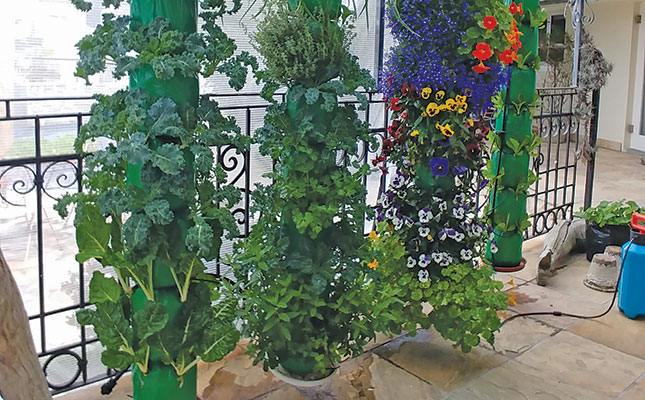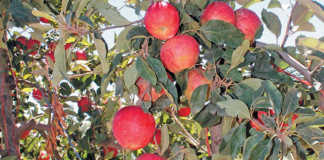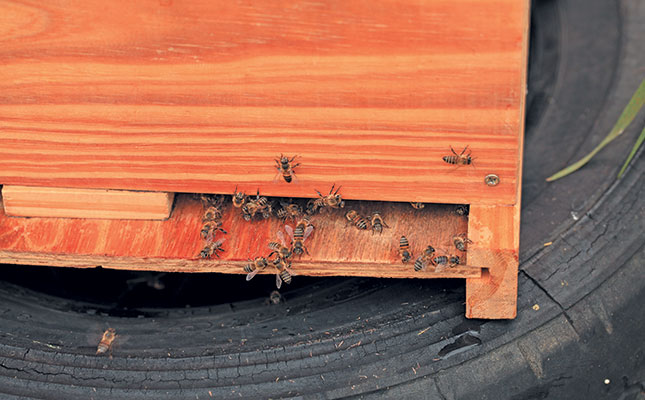
Photo: Glenneis Kriel
Making it as a new beekeeper is not easy. According to the department of agriculture, a beekeeping enterprise needs to have between 350 and 400 hives to be commercially viable.
Until last year, Phirdy Motala, owner of the Farmyard Honey Factory near Wolseley in the Western Cape, had 200 hives, but after a devastating wildfire near Tulbagh, 100 were destroyed.
Since then, Phirdy has had to produce her honey and honey-based products, which include skin care products, as well as speciality products such as creamed honey and honey-infused lavender, using only 100 hives.
READ Marketing to SA’s changing black middle-class consumers
In describing her business approach, Phirdy refers to motor car pioneer, Henry Ford.
“Somebody once said that Ford would have developed a faster horse cart if he had stuck to the status quo. But by thinking differently, he reinvented the whole transport industry.
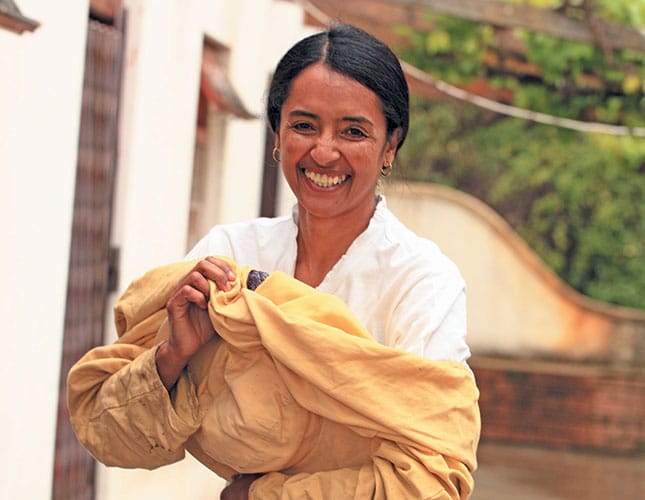
“The same applies to small-scale beekeepers. If you continue to follow the status quo by supplying pollination services through sub-contracts and selling your honey in bulk, you’ll need more than 350 hives to make a little money from beekeeping. To make it with fewer hives, you need to think out of the box.”
Offering services to farmers
Phirdy supplies pollination services directly to farmers, which adds value to her honey-making business, and sells the resulting products directly to the market.
She says that pollination is the fuel that keeps small-scale beekeepers going, as it helps boost cash flow. However, it is difficult for new beekeepers to break into the pollination market, as most farmers are reluctant to employ people they do not know.
To overcome this challenge, Phirdy introduced herself to prospective clients in the region.
“You have to make an appointment and meet the farmer in person. It’s much easier to build trust once you’ve met someone than when you just communicate via email or over the phone.”
Phirdy stresses the importance of good-quality service, and advises beekeepers to consult the Western Cape Bee Industry Association’s website to familiarise themselves with industry standards.
“I usually inspect all my hives and ensure they’re up to standard three to four weeks before the pollination season starts, in case a farmer requires my services a little earlier than expected,” she says.
Through regular maintenance of her hives, Phirdy became aware of another gap in the market: the lack of beekeeping equipment and accessories. She capitalised on this and now manufactures and sells these accessories to local beekeepers. “I buy raw wood and material and then cut them according to [industry]standards,” she explains.
A shop and honey-based products
The business is situated on Phirdy’s and her husband, Ismail’s, farm in an old building near the R46 between Ceres
and Tulbagh, a road well-travelled by tourists.
At first, Phirdy used the building as a factory to package honey, and sold her honey out of the boot of her car.
However, after she erected the Farmyard Honey Factory sign, motorists would stop to enquire about buying honey.
In 2010, Phirdy reduced the space occupied by the factory and added a shop to sell honey to passers-by. Customers also showed an interest in purchasing honey-based products, so the following year, Phirdy started producing honey-based skin care products.
By 2013, demand for her products had increased dramatically, and to meet demand, she launched a website, farmyardhoney.co.za, with an online shop.
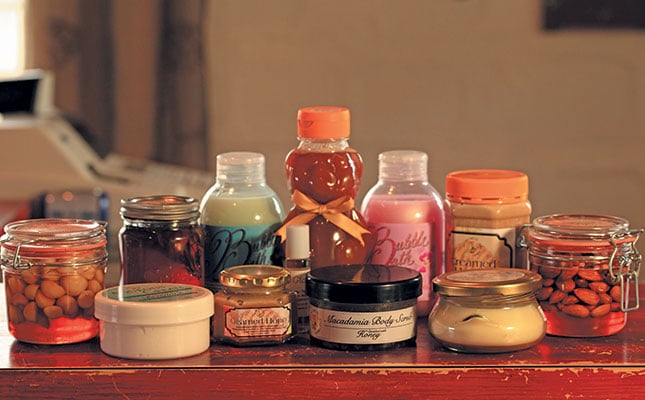
“It would have been nice to send the products to our clients via courier, but it was just too expensive. We’ve been using the Post Office for the past two years and have had only one problem in that time. However, you need to try and plan around strikes,” she says.
Her customers also assist in developing new ideas.
“People would come here and ask me if I don’t have this or that. Together, we’d then try to develop a recipe to create the product they wanted. I’d test the product on the shelves and use customer feedback to improve it. Products that sell well are kept, while lines that don’t are discontinued. The result is a wide range of skin care products.”
Phirdy cannot promote these products as medical treatments, as they have not been scientifically tested.
“But people who buy the products for conditions, like eczema or psoriasis, keep coming back for more, so it most probably works for them. When people complain about a skin condition, I tell them that some of our clients are using a specific product and – who knows? – perhaps it might also work for them.”
The future
The business has done so well that Phirdy has begun renovating another building on the farm to expand the operation.
“We hope to run a coffee shop in the new building from December,” she says. “When people buy honey from us, they’re also looking for something to eat. Our existing premises are very small. We have to make a batch of skin care products and then a batch of edible products – by the time we’re finished with the one, we run out of the other.”
She will divide the first building into two units where honey and skin care products can be produced simultaneously.
Phirdy is in the process of restoring her hives, and hopes to have 200 hives again by the end of the year. As she cannot currently produce enough honey to produce her honey-based products, she buys honey from local producers, who don’t have extractors.
“I extract the honey for free when I buy honey from them. This helps create a market for their products, while helping me expand my production,” she says.
Email Phirdy Motala at [email protected].












